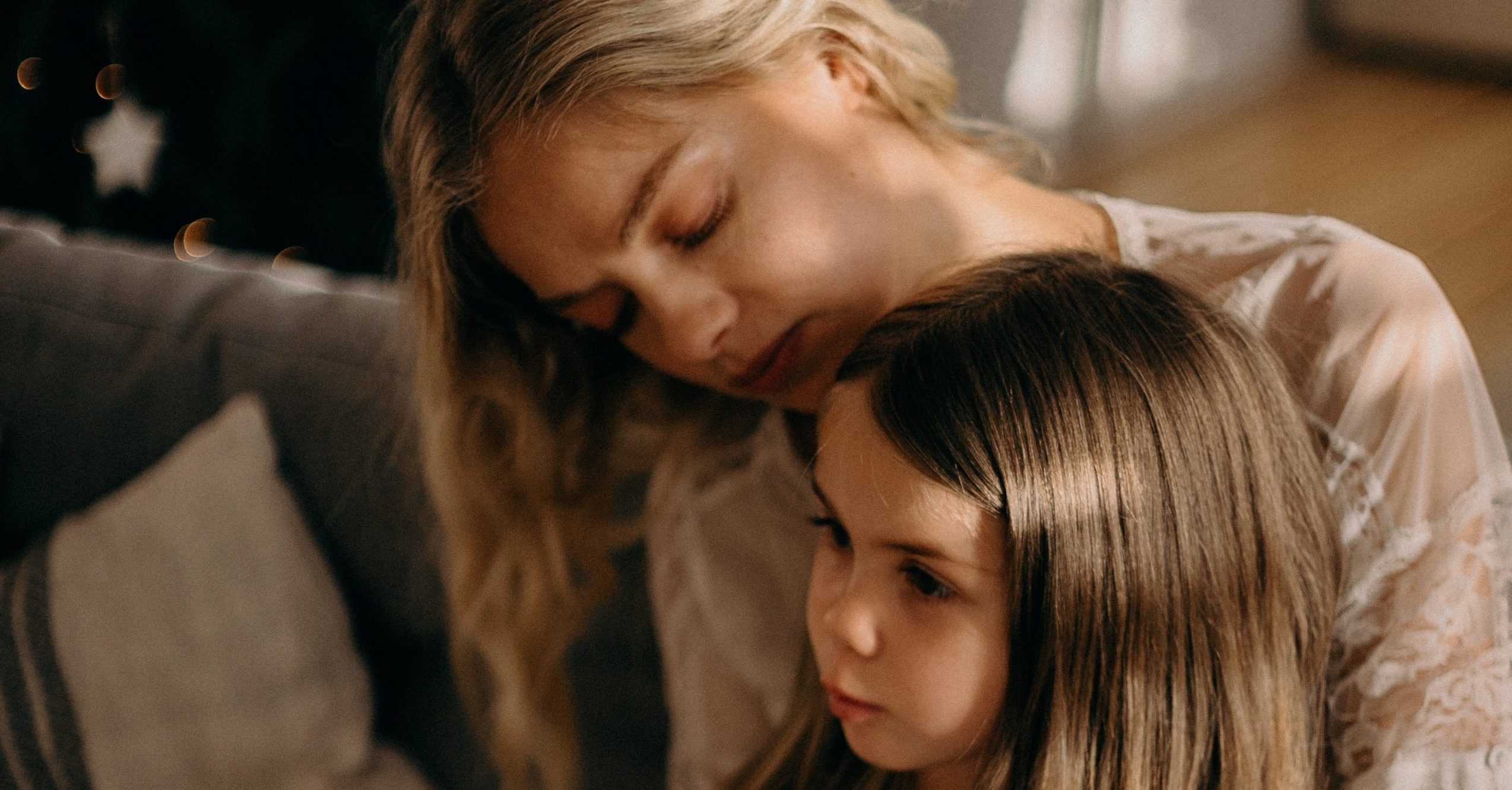In our workshops with parents, we often talk about applying the concept of repair to parenting. Repair occurs when you make a mistake as a parent and you take responsibility for your action. We emphasize to parents that none of us gets it right all the time and there is always a chance to right a wrong, to apologize, to ask for a do-over, or to clean your side of the street. Whatever it looks like, our kids need for us to own our mishaps and offer a repair or acknowledgement that we aren’t perfect. With so much emphasis on perfection and a striving to get “it right,” it’s on us as parents to teach our kids ownership of our missteps, which in return, can give them the permission to make their own mistakes and find out how to repair relationships when needed.
When my husband and I became parents, we knew that there were many topics that we wanted openly talked about that were off the table in our own childhoods. Early on, as white parents, we felt committed to talk about race from — naming our whiteness, the privilege that comes with it and the impact it has on others. Much like the work I do around puberty, I needed to learn how to talk about something that was taboo in my childhood. I have followed the lead and learned from friends, educators and co-workers to develop a language around racial literacy so that talking about race is an ongoing open dialogue in our house. While we have been having conversations for sometime, I have done it imperfectly even while using all kinds of resources to help me on this path. Over the last two weeks, my mistakes in these efforts were in my face more than ever. I realized that in my quest to manage my children’s anxiety during the pandemic, I left off bits of information, both consciously and unconsciously, about the recent violence against Black individuals and groups in our country. As a parent that keeps some protections in place from the 24 hour news cycle, my kids can sometimes be a pace behind in current events. But, in my quest to “handle” the news for my kids, I had been leaving off huge chunks of what had been happening during quarantine that was disproportionately affecting Black members of our community.
In my daily meditations this week, I heard someone share that when we are stressed, we regress. I regressed into the privilege of keeping my kids in the Hollywood version of our American lives. So, when my son angrily turned to me and said, “you have been protecting us from the news again,” he was right. And I told him exactly that. I shared that unknowingly and knowingly, I had given him broad strokes rather than explaining what had happened over the last few weeks. I said that I was sorry and let him know that I could do better. I also shared with him what I thought was behind my omitting the reality — my own whiteness. And, in his anger with me, I found a deep reminder that in addition to talking to my kids, I am nowhere near where I want to be on my own path of learning about my whiteness and understanding the impacts that it has on all of those around me. This week reminded me that repair is not always about what we say or how we apologize for our mistakes, sometimes repair is about speaking up when we used to stay silent. I can do better.
Here are a few resources that helped me on my path to think about my own whiteness and talk to my kids about whiteness:
- What does it Mean to be White? Developing White Racial Literacy is a book I read with a group of people and part of our experience was role playing, which made the learning even deeper. https://bookshop.org/books/what-does-it-mean-to-be-white-developing-white-racial-literacy-revised-edition/9781433131103
- “Seeing White” a Scene-on-Radio podcast from the Center for Documentary Studies at Duke University — it’s like a college history course in one podcast. https://www.sceneonradio.org/seeing-white/
- “White Privilege: Unpacking the Invisible Knapsack” by Peggy McIntosh is not a new resource but it was one of the first exercises that I ever did in this work and I found it really helpful. https://nationalseedproject.org/Key-SEED-Texts/white-privilege-unpacking-the-invisible-knapsack
To subscribe to the Dynamo Girl newsletter, click here.







